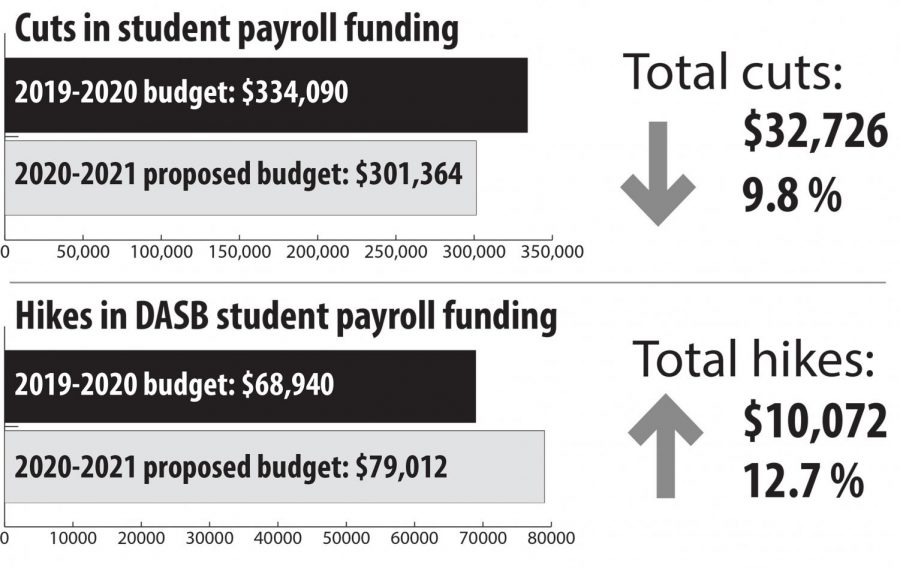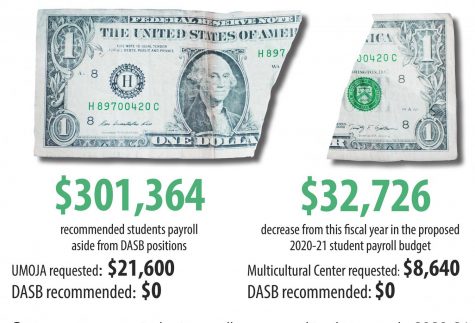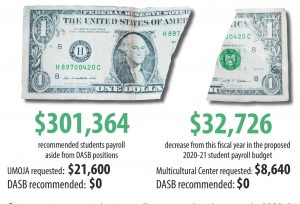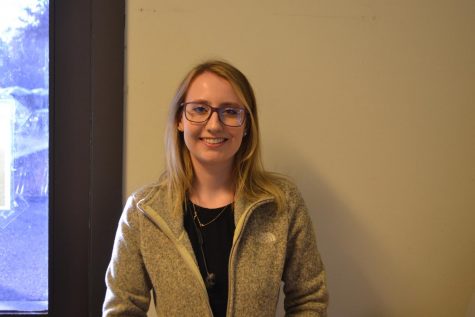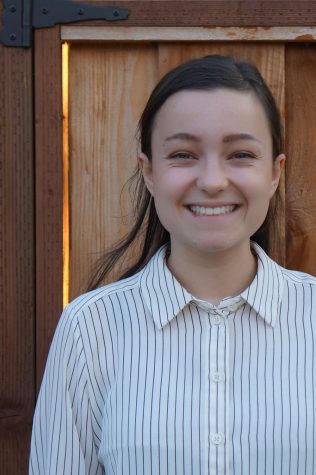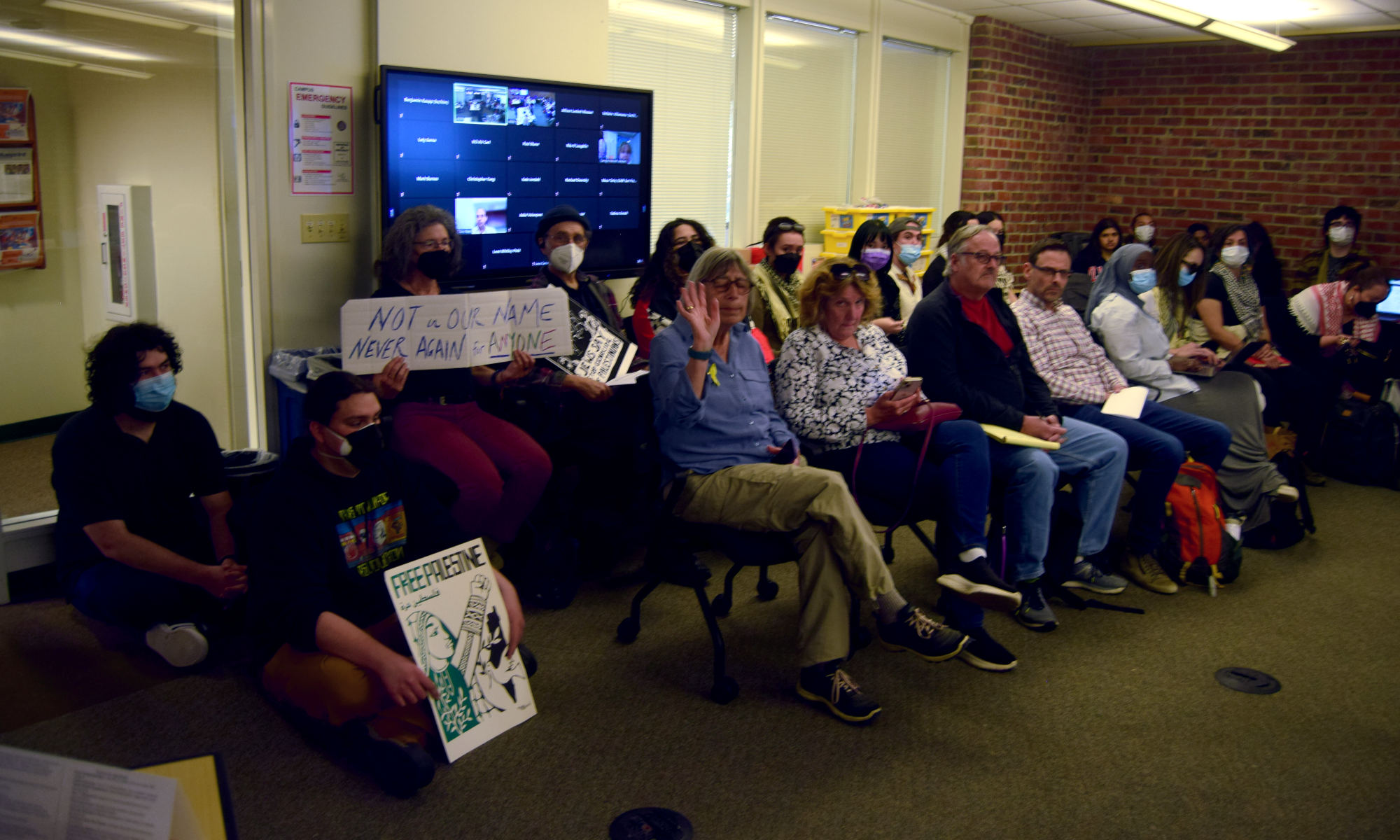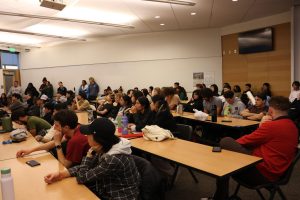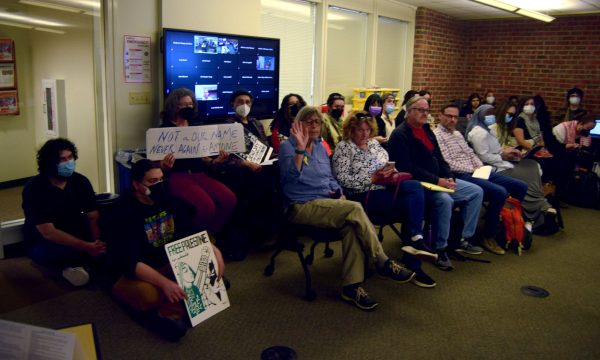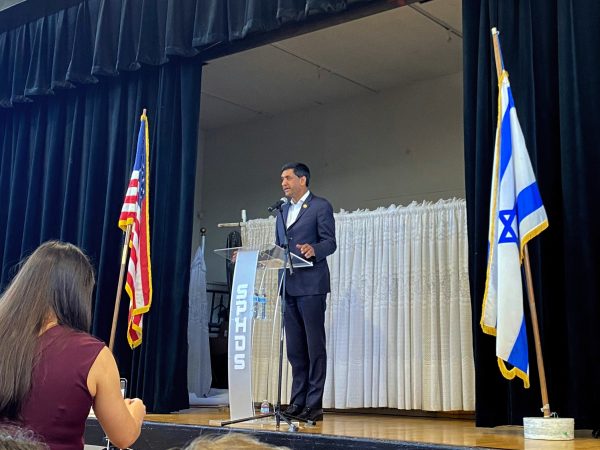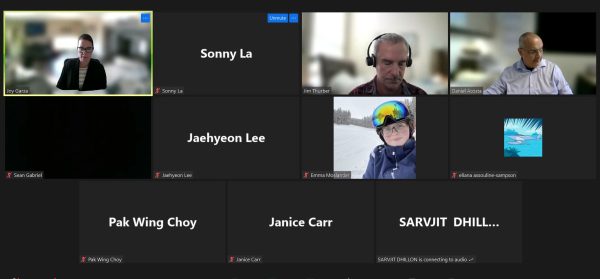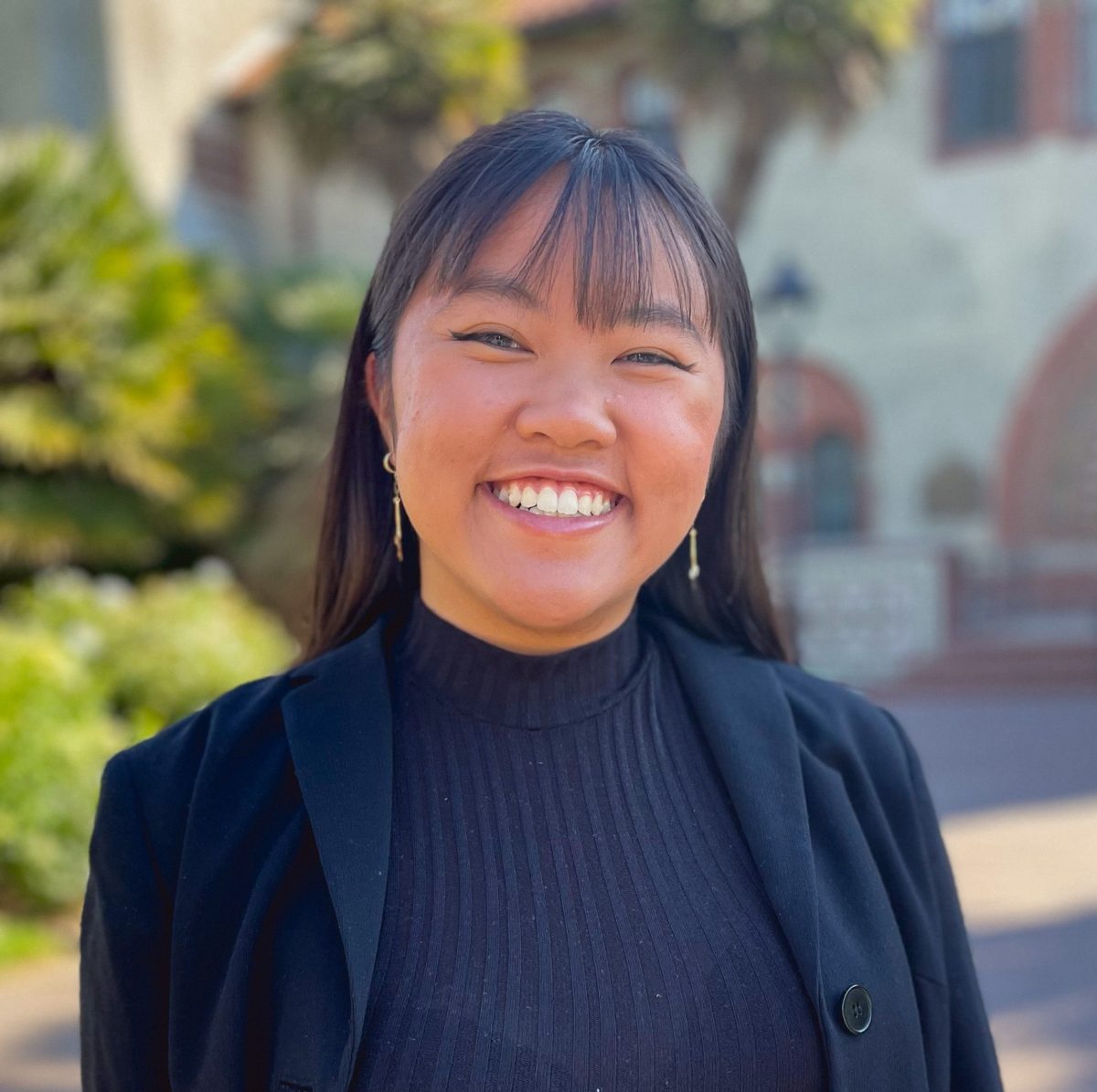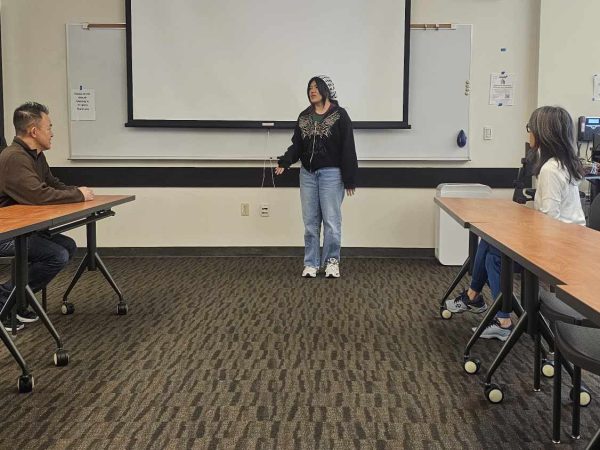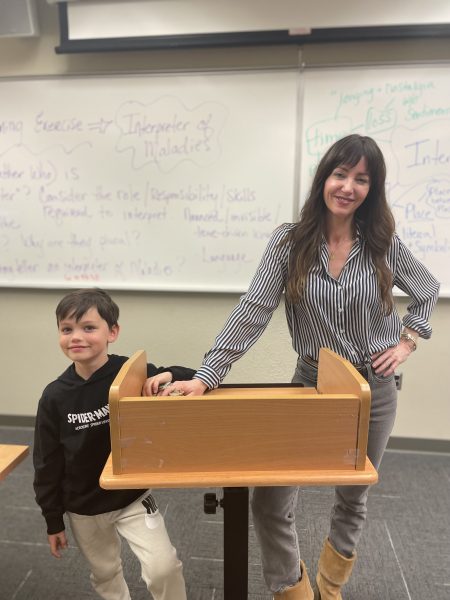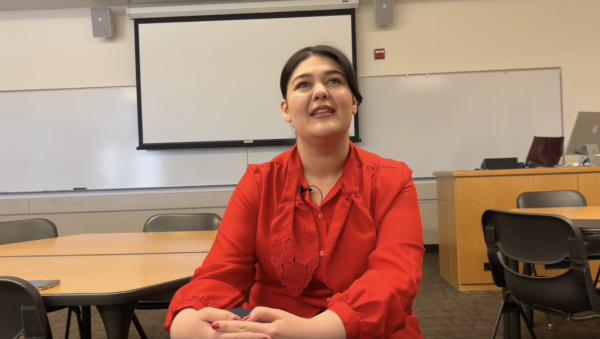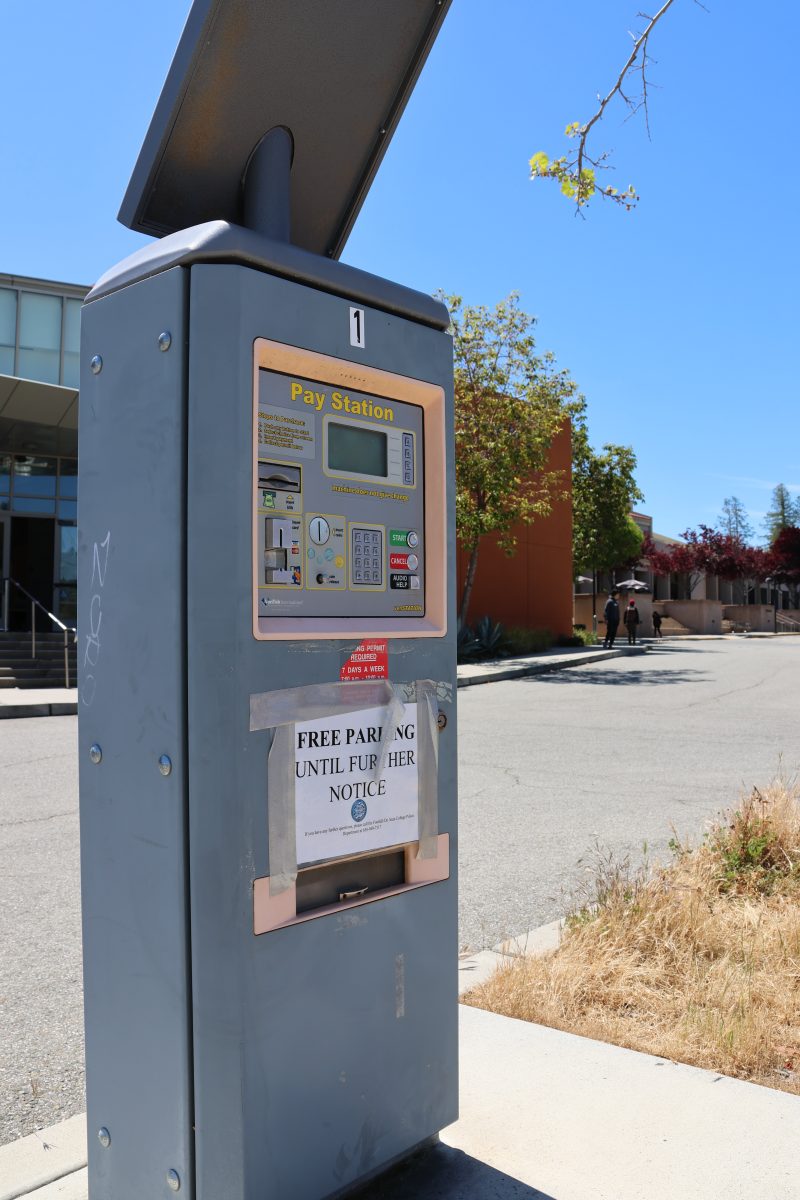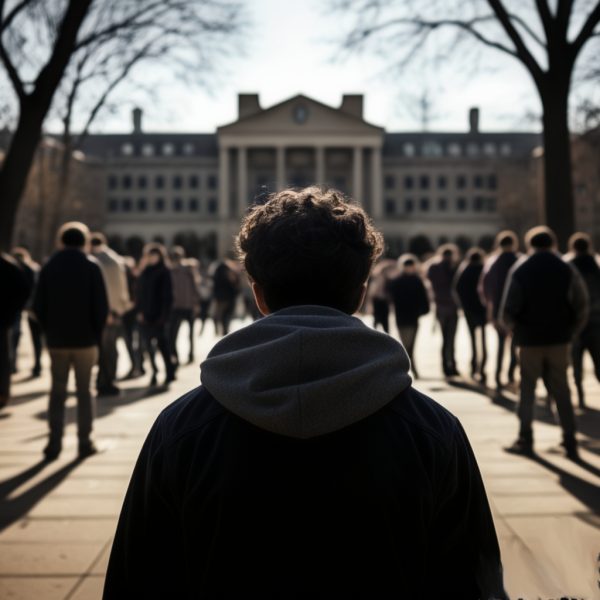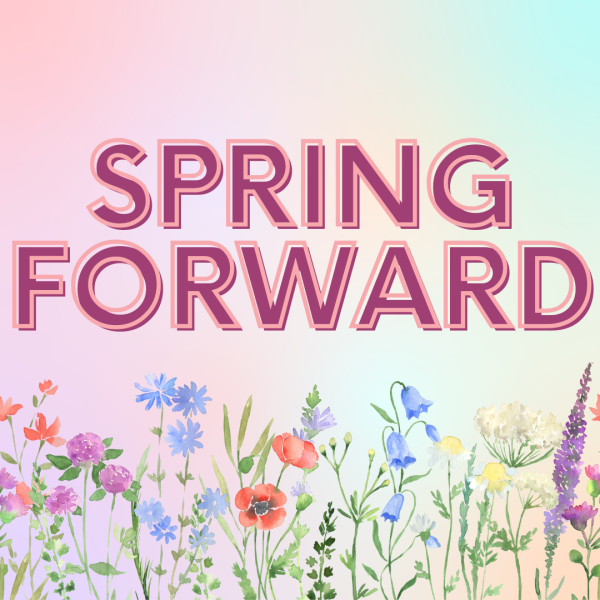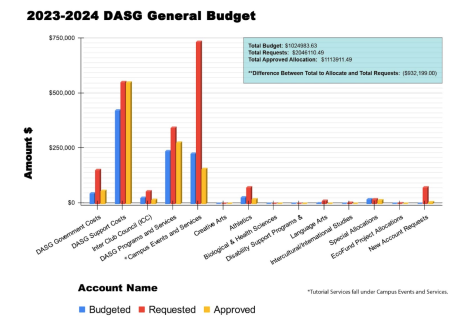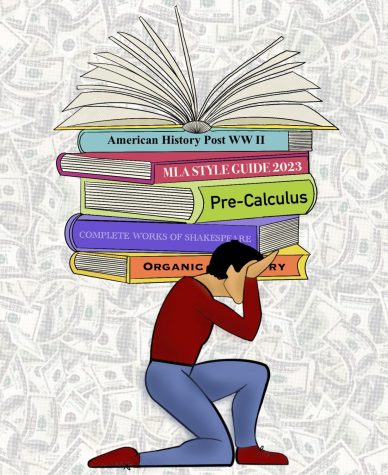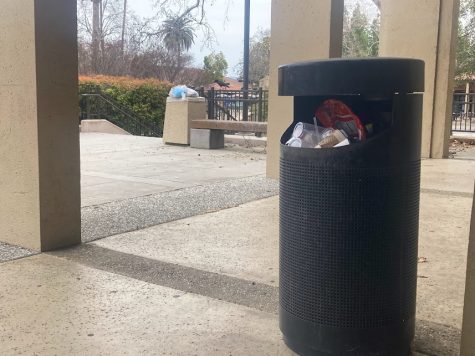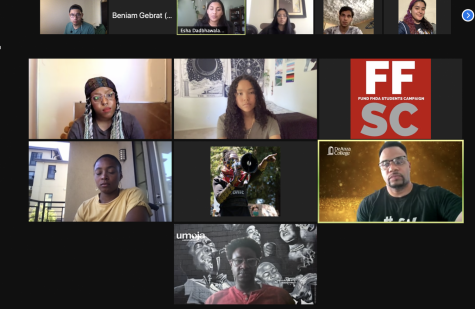DASB Senate discusses budget cuts
February 19, 2020
The DASB Senate discussed justifications about budget cuts and raises within the proposed 2020-21 budget, including budget cuts in campus programs and student payroll and increases in wages for DASB Senate student payroll.
DASB Chair of Finance, Halina Liang, discussed the proposed budgets for the 2020-2021 school year which included outlining Fund 46 and Fund 41.
Fund 41 is the general fund of DASB which has a diverse budget and consists of $1 million compared to the $1.2 million budget of last year.
Fund 46 comprises the student representation fee which incoming students pay for services like the VTA pass.
Fund 46 only has $33,000 to give towards programs which advocate for the student body, including conferences.
Almost half of the fund was designated for the California Campus Camp because CCC is the highest ranking program and reaches the most students.
Our purpose is to supplement programs that benefit students. We want to focus on programs that directly affect our students.
— Halina Liang, DASB Chair of Finance
DASB made large cuts to office supplies in most programs because they transitioned towards a more electronic system.
Liang said they do not want to fund office supplies that are outside of DASB.
Funding will only be granted to operational office supplies which DASB directly uses.
DASB President, Shelly Michael, said “If it’s for DASB and things we need to operate they are operational, and if they are not DASB related then they are non-operational.”
Several notable programs were recommended large cuts to the student payroll including the Umoja Program, Outreach Program, Textbook Program, and the Multicultural Center.
The Outreach Program was given roughly $16,000 last year for their budget, yet this year they were given $0.
Liang said this program is the responsibility of the college because it is De Anza’s job to attract new students.
DASB does not want to be responsible for bankrolling college expenses.
“We hope to see the college put their money where their mouth is,” Liang said.
“Our purpose is to supplement programs that benefit students,” she said. “We want to focus on programs that directly affect our students.”
Liang said due to decreases in enrollment, the budget has continuously declined for the past five years.
Each program fills out a rubric and requests an amount for their budget then DASB ranks their rubric responses.
Liang said, “For example, if you have a program that writes very generic responses that are filled with grammar errors, presumably that program is not doing exceptional work serving students.”
Short and grammar filled responses will result in little to no funding from the DASB.
This works both ways where if a program puts a lot of thought and effort into filling out their budget form, they will get continuous funding and possibly more than they received before.
Regarding the ranking system for these rubric budget forms, Liang declined to comment.
DASB also cut the Multicultural Center student payroll budget from last year’s $4,000 to zero.
Liang said the MCC is treated as administrative and operational, and does not directly affect student experiences.
The MCC was also considered to be one of the lowest ranked programs due to the budget rubric.



